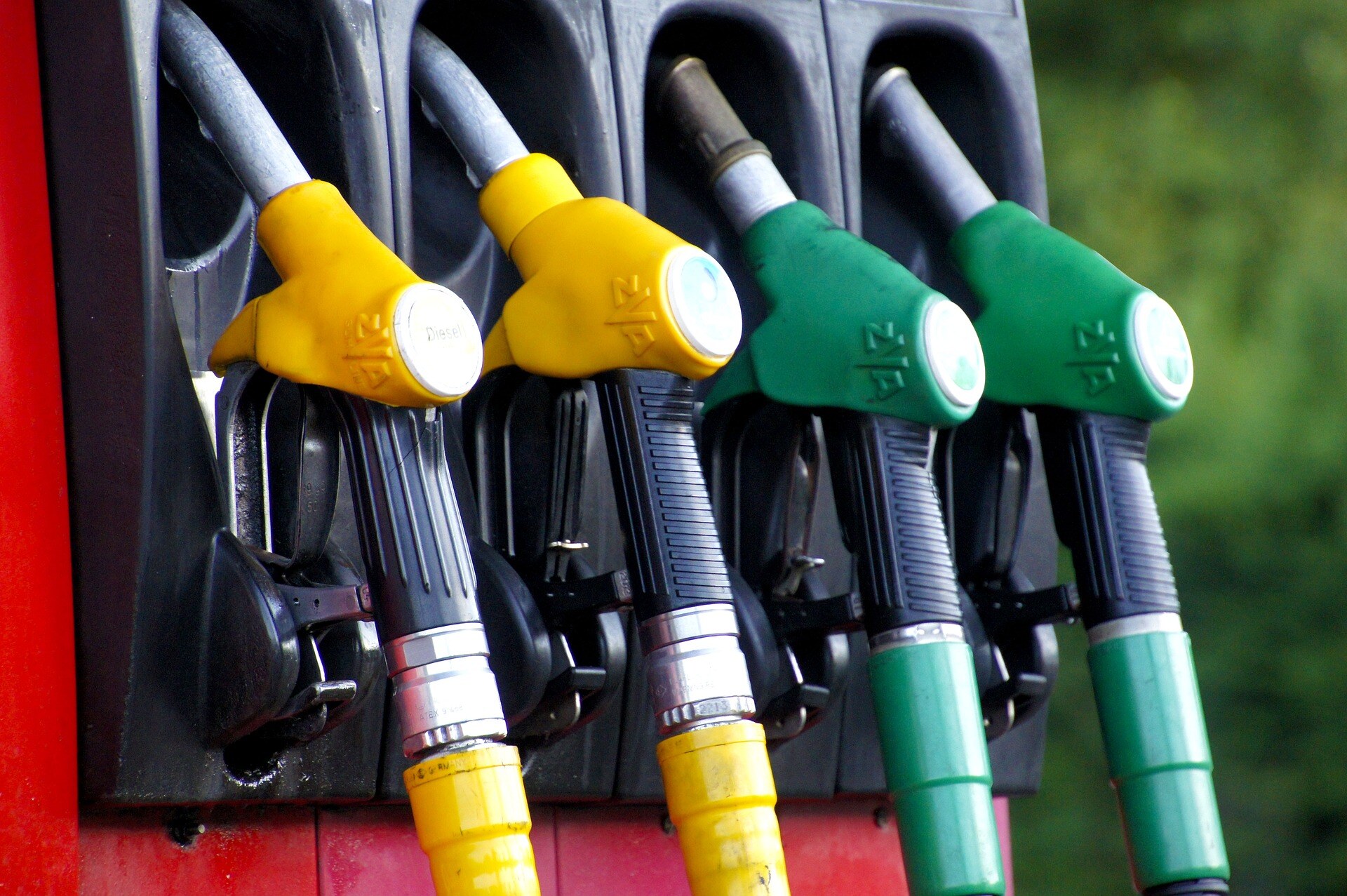7 Ways to Cut Fuel Costs for Your Fleet

Fuel is one of a fleet operation’s largest expenses. While the cost of fuel is largely out of an operation’s control, there are measures fleets can take to reduce how much fuel they are using.
Find out how processes that include: tracking routes, keeping up with maintenance, measuring tire pressure and monitoring driver behaviors can help fleets reduce fuel costs.
Track Routes
Telematics gives fleet operations more insight into vehicle location and routes. Operations can follow a vehicle’s route to ensure it is staying on its assigned path and is not being used for personal reasons. Operations can also look at the vehicle’s location and reroute it if there is congestion ahead. This will help reduce idling and wasted fuel.

Monitor Driver Behaviors
Driver behaviors can impact fuel usage. Tendencies like idling the vehicle for prolonged times, quickly accelerating and speeding can result in wasted fuel. Using telematics, fleet operations can monitor driver behaviors to watch for these negative habits. Not only do those techniques cause an increase in fuel costs, they are also unsafe and should be corrected.
Monitoring these behaviors allows fleets to instruct drivers on what they need to change. Operations can help drivers track their progress through initiatives like driver scorecards and incentive programs for safe and fuel-saving behaviors.
 Photo Courtesy of Pixabay.com
Photo Courtesy of Pixabay.com
Manage Fuel Card Usage
Unfortunately, some operations experience an increase in fuel costs due to theft. In some cases, drivers take their assigned fuel card and fill up their personal vehicles with it. There is a solution for those operations. To reduce fuel costs and theft, operations can assign fuel cards to the individual vehicles by their VIN number. This allows operations to track how much fuel is being put into each vehicle. If the miles traveled don’t correspond to the amount of fuel purchased, then the operation knows there is an issue.
Another solution is to set up automatic fuel transaction alerts. This allows operations to be notified each time fuel is purchased, allowing organizations to better track how much fuel is being purchased, and by whom. It can also include odometer readings and vehicle IDs to track the vehicles receiving the fuel.
Perform Preventative Maintenance
Performing regular preventative maintenance can have many benefits for a fleet operation, including reducing fuel costs.
Scheduling routine check-ups on vehicles ensures they are in good working condition and that they are getting regular oil changes. Keeping the vehicle functioning properly and changing the oil as needed can help vehicles avoid using an excess of fuel.
 https://www.flickr.com/photos/clearlyambiguous/168573447/
https://www.flickr.com/photos/clearlyambiguous/168573447/
Check Tires
Keeping vehicles’ tires properly inflated can help reduce fuel costs. According to FuelEconomy.gov, fleets can improve their gas mileage by an average of 0.6 percent per vehicle (up to 3 percent in some cases) by keeping tires inflated to their proper pressure. FuelEconomy.gov also states that under-inflated tires can lower a vehicle’s gas mileage “by about 0.2 percent for every 1 psi drop in the average pressure of all tires.”
 Credit: https://commons.wikimedia.org/w/index.php?curid=56265613
Credit: https://commons.wikimedia.org/w/index.php?curid=56265613
Rightsizing Vehicles
When looking to trim fuel costs, operations can look within their fleet to assess if the current assets are still needed. Larger, older vehicles can use more fuel than newer, smaller ones. Operations can evaluate the needs of their fleet and determine if all of the vehicles still make sense to use. Operations can also determine if the number of vehicles is the right amount for their fleet. Some operations might determine they can get by with fewer assets and trim their inventory.
 Photo Courtesy of Pixabay.com
Photo Courtesy of Pixabay.com
Add Alternative-Fuel Vehicles
For operations with money to invest in their fleet, adding alternative-fuel vehicles can trim fuel costs. These vehicles are more environmentally beneficial and can provide long-term fuel savings for operations. However, there is an upfront investment in purchasing the vehicles.
Contact RTA Fleet Management Software today to request a free demo and see how RTA’s solution can help your operation reduce its fuel costs.
